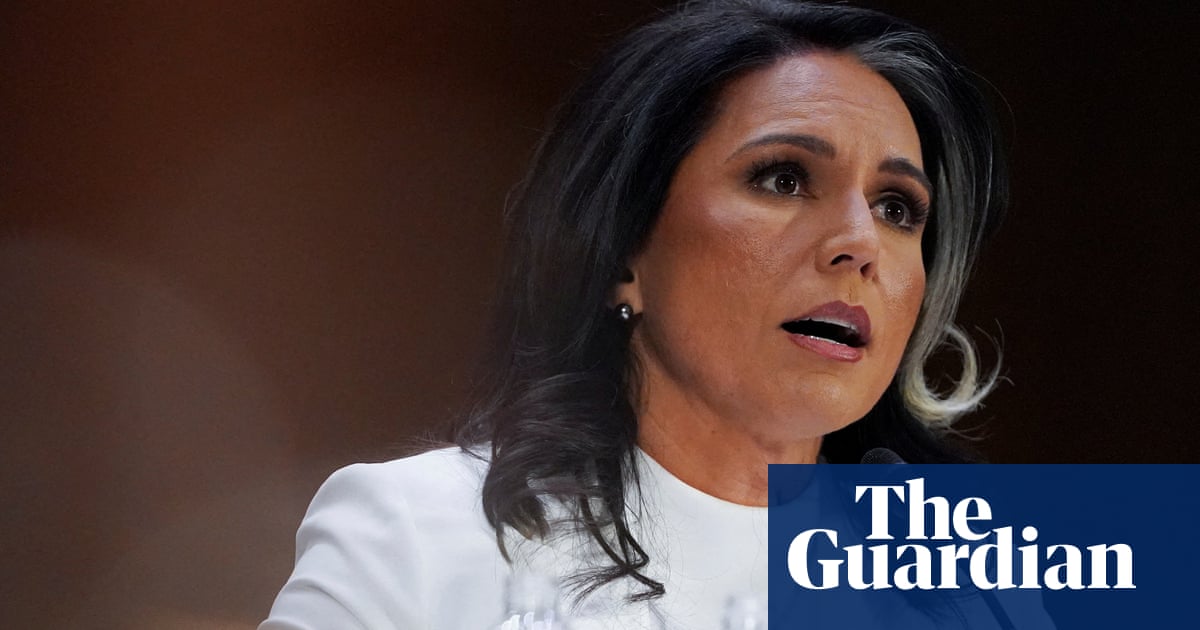WASHINGTON (AP) — Tulsi Gabbard, President Donald Trump's unconventional pick for director of national intelligence, awaited a final Senate vote Wednesday on her nomination to oversee and coordinate the work of America's 18 different intelligence agencies.
Initial skepticism about the military veteran and former Democratic congresswoman from Hawaii over her past comments sympathetic to Russia, a meeting she held with now-deposed Syrian President Bashar Assad and her previous support for government leaker Edward Snowden has faded among the Republicans who hold the majority in the Senate. Democratic opposition is strong.
Her chances of confirmation increased when Republicans fell in line following a pressure campaign by Trump allies, including Elon Musk.
As Trump works to reshape vast portions of the government, intelligence agencies including the CIA have issued voluntary resignation offers to staffers. Cybersecurity experts, meanwhile, have raised concerns about Musk and his so-called Department of Government Efficiency gaining access to sensitive government databases containing information about intelligence operations.
The Office of the Director of National Intelligence was created to address intelligence failures exposed by the Sept. 11, 2001, attacks.
Gabbard is a lieutenant colonel in the National Guard who deployed twice to the Middle East. She ran for president in 2020, but has no formal intelligence experience and has never run a government agency or department.
Gabbard’s past praise of Snowden drew condemnation during her Senate hearing. Snowden, a former National Security Agency contractor, fled to Russia after he was charged with revealing classified information about U.S. surveillance programs.
Gabbard said that while Snowden revealed important facts about such programs that she believes are unconstitutional, he violated rules about protecting classified secrets. “Edward Snowden broke the law,” she said.
A 2017 visit with Assad was another flashpoint during the hearing. After that trip, Gabbard faced criticism that she was legitimizing a dictator. There also were more questions when she said she was skeptical that Assad had used chemical weapons.
Assad was recently deposed following a civil war in which he was accused of using such weapons.
Gabbard also has repeatedly echoed Russian propaganda used to justify the Kremlin’s invasion of Ukraine. In the past, she has opposed a key U.S. surveillance program known as Section 702, which allows authorities to collect the communications of suspected terrorists overseas.

 German (DE)
German (DE)  English (US)
English (US)  Spanish (ES)
Spanish (ES)  French (FR)
French (FR)  Hindi (IN)
Hindi (IN)  Italian (IT)
Italian (IT)  Russian (RU)
Russian (RU) 























Comments